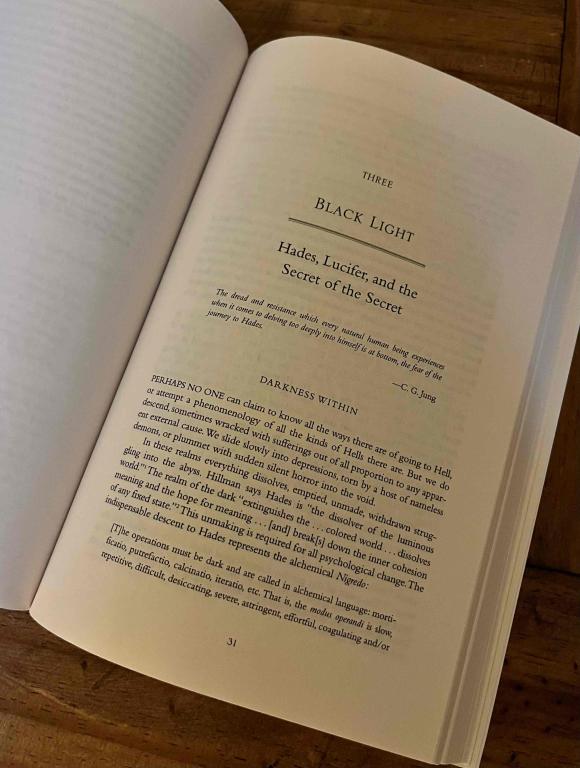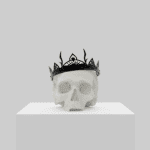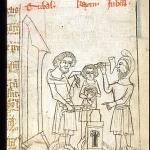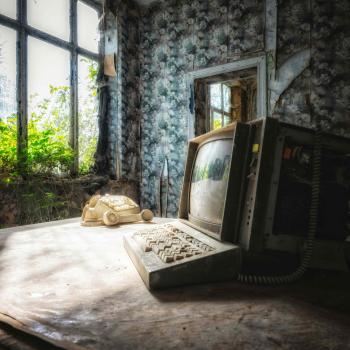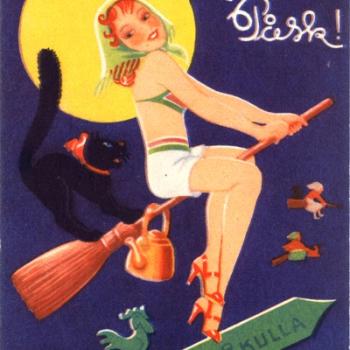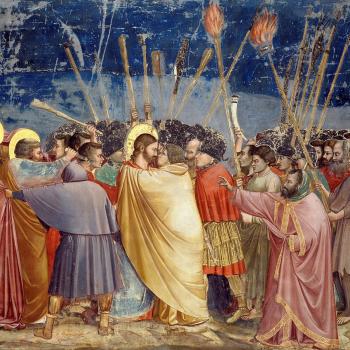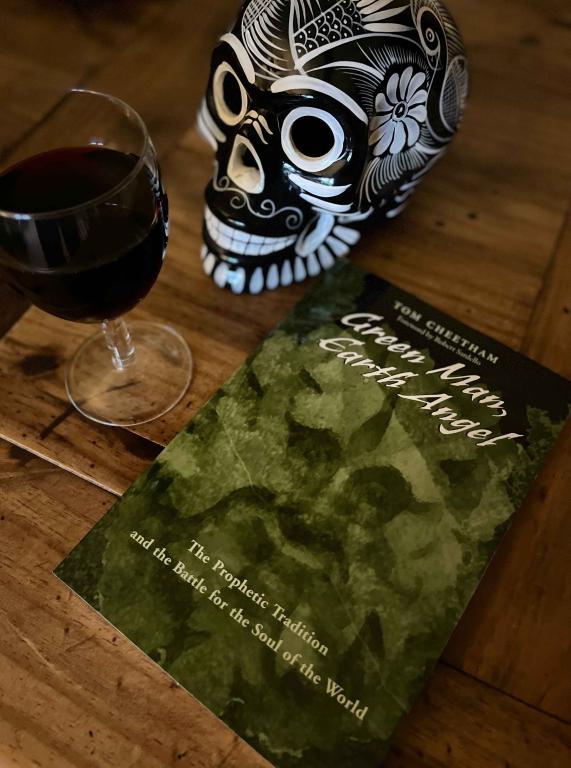
Green Man, Earth Angel: The Prophetic Tradition and the Battle for the World Soul, by Tom Cheetham, SUNY Press Series in Western Esoteric Traditions, 2005.
Tom Cheetham is a writer whose area of special interest incorporates the imagination in philosophy, religion, psychology and the arts, taking in a broad field while pursuing the common thread to tease out a work of enchantment. Fellow of the Temenos Academy in London and Adjunct Professor of Human Ecology at the College of the Atlantic in Bar Harbor, Maine, Cheetham lectures regularly in Europe and the US, as well as hosting the podcast As Various As Possible.
Green Man, Earth Angel is an exploration of the imaginal in the vein of Henry Corbin and James Hillman, both of which Cheetham draws heavily from in this work. The central theme of the book is the relationship between human and non-human realities and the presence of our existence as a single experience within the overarching psyche of the anima mundi, or world soul. The emphasis is upon the interconnected nature of the spiritual and material worlds, and Cheetham sets out to explore and expose this essential bond.
“…this psyche is not localised inside our heads. Rather, we exist in it. The present moment is pregnant with creation. The soul of this world we experience through a sense of interiority, as the availability of the world to imagination, as a kind of reciprocal imaginative interaction, a sympathy between self and world. We move here in a different space. This is not the universe of matter, it is more nearly a cosmos of qualities, presence and harmonies.”
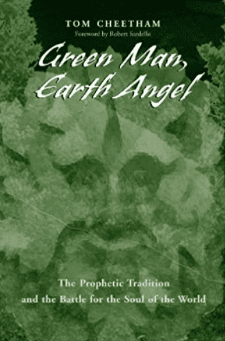
Green Man, Earth Angel is not a long book, and is part of several writings of the author that incorporate philosophical and psychological approaches to the place of humanity in the world, and by extension the world soul. Drawing from a wide palette of sources and influences, including most pertinently James Hillman, Henry Corbin, David Abram, Jung, and Freud, Cheetham weaves a beautifully and inspired text that navigates the unknowable. With a brave attempt to re-enchant, to steer the reader toward a union with the enchanted and non-human, Cheetham reveals a world in which we are natural co-inhabitants, not its caretakers, or governors. With the suggestion of a panpsychism or animism, and panentheism, we journey through the Western and Levantine thoughts of the prominent esoteric philosophers such as Ibn Arabi, as well as exploring the place of the darkness within our experiences. This, inevitably, includes the chthonic Hermes Mercurius, as well as Lucifer through the underworld vision, katabasis, and its essential part of a unified realisation of ourselves as but a locus of conscious experience.
“We have lived too long within a world of our own making. We have lived too long within a language of merely human. To keep our internals open we have to learn to read and write ourselves out of ourselves, and uncurl ourselves back into the world. This is the task set to us by Khidr, the Green Man, the hermeneut at the meeting place of the two seas.”
Inspired, perhaps, by the seminal work of David Abram (The Spell of the Sensuous), Cheetham is acutely aware of prompting the reader to integrate the message he is keen for us to comprehend. Understanding that language, as an expression of experience, is part of creation is necessary here. Indeed, Cheetham writes of actual and realised apprehension of the world in it becoming, as well as the world as it appears to be, through recognising that our sense experience and mundane use of the language of thinking is not, necessarily, how things really are.
“Language is not a tool for communication that belongs to us. Language is not an exclusively human ability at all. It is a field of meanings and intentions that we inhabit. Human language grows out of the world itself. We speak because the world speaks. And because language and the symbols upon which it depends are the Breath of God, it has the power to penetrate to the very heart of things. Language in the broadest sense is creative because the world was spoken into being. “
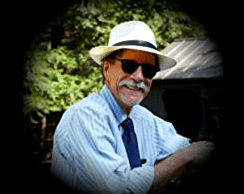
As we engage with the world through the five sense, we are limited not just to the reliability of that information, but importantly to the mind’s use of that data to fashion the world we engage. Sense data informs our construct of the world, and it is this that we experience. Inevitably, many of us have become so absorbed, so sunk into the abyss of this false reality, that we can no longer identify that which has been lost, and which the imaginal is capable of releasing. In the process of this loss, connection to the world soul, the psyche of which we are a part, has become disconnected and is, perhaps, the root cause of our collective sickness embodied with an over reliance and emphasis upon materialism. Emphasis upon the materiality of the world has been at the expense of relations with the non-human, the natural and the spiritual. Understanding that the world we are engaged in may be a construct, “constriction”, a self-selection, to paraphrase Cheetham, that we unconsciously fashion within our own minds and project outward is a theme I discuss in my own book, The Witch Compass.
“It has been a long time since most of us have experienced the world. We experience instead constriction, a selection. We step cautiously out, checking ourselves at first, against What is Allowed, What is Known To Be True. We constantly throw a world out ahead of ourselves and move safely into it.”
The length of this book is deceptive as the sheer breadth of the study as Cheetham takes us deep into the imaginal, the human experience of the world, and the animating psyche. This is a really important book for modern western esotericism and occult philosophy, but is also important in re-enchanting the world we live in. I feel strongly that it is through thinkers such as Cheetham that we can begin to re-imagine a world in which we are freed to reclaim our role as a part of the anima mundi, as one with nature and the more-than-human, the spirit-filled, and highly recommend Green Man, Earth Angel as a step toward that reality.
